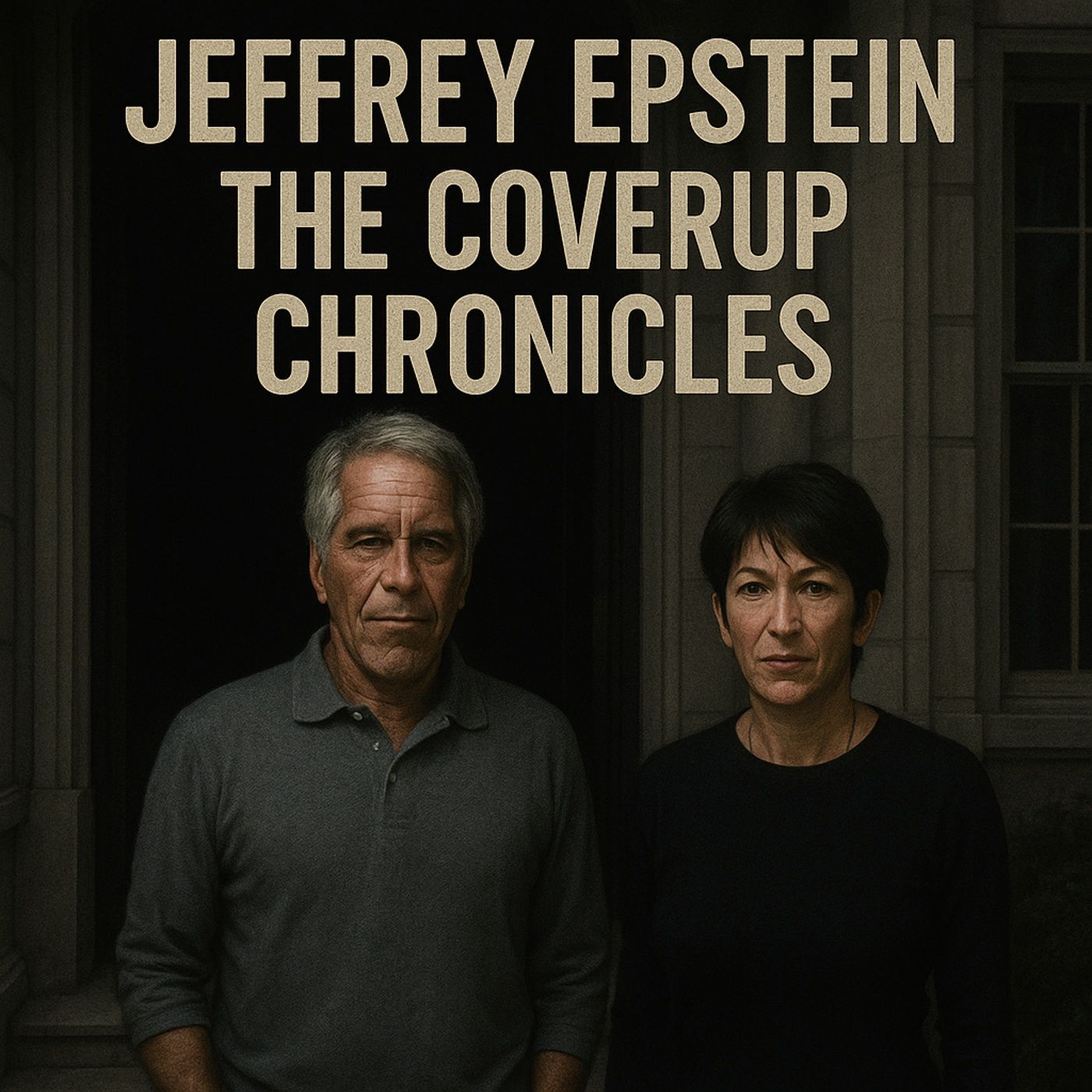 Why Wouldn't Florida Release The Epstein Grand Jury Documents? (10/4/25)
Why Wouldn't Florida Release The Epstein Grand Jury Documents? (10/4/25)
Update: 2025-10-04
Description
The fight to get the roughly 150 pages of grand jury records from Jeffrey Epstein’s 2006 Florida case released dragged on for years because of the extraordinary level of secrecy surrounding grand jury proceedings. By law, testimony and records from a grand jury are generally kept sealed to protect witnesses and the integrity of the process. In Epstein’s case, prosecutors and courts repeatedly cited these rules as a reason to deny requests for access. Every attempt to unseal the documents had to work its way through layers of legal challenges, appeals, and arguments over whether releasing them would set a precedent that could weaken the traditional confidentiality of the grand jury system.
What made the battle even longer was the high-profile nature of the case and the institutions tied to it. Epstein’s Florida proceedings were already marked by controversy, with the now-infamous 2008 non-prosecution agreement shielding him from federal charges. Survivors, journalists, and advocates argued that transparency was essential to understanding how that deal came together and who benefited from it. But prosecutors pushed back, warning that releasing the documents could harm future cases and expose sensitive witness information. That clash — between the public’s right to know and the government’s instinct to protect its own processes — kept the documents locked up far longer than in most cases.
to contact me:
bobbycapucci@prototnmail.com
What made the battle even longer was the high-profile nature of the case and the institutions tied to it. Epstein’s Florida proceedings were already marked by controversy, with the now-infamous 2008 non-prosecution agreement shielding him from federal charges. Survivors, journalists, and advocates argued that transparency was essential to understanding how that deal came together and who benefited from it. But prosecutors pushed back, warning that releasing the documents could harm future cases and expose sensitive witness information. That clash — between the public’s right to know and the government’s instinct to protect its own processes — kept the documents locked up far longer than in most cases.
to contact me:
bobbycapucci@prototnmail.com
Comments
In Channel





